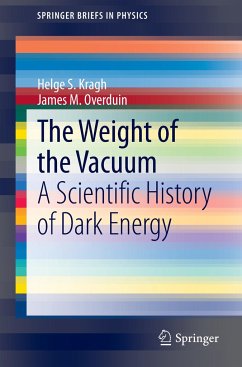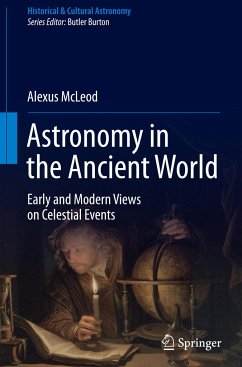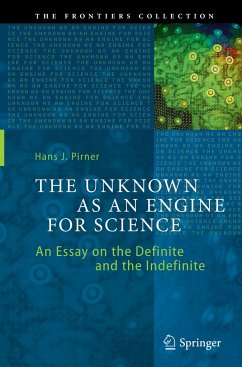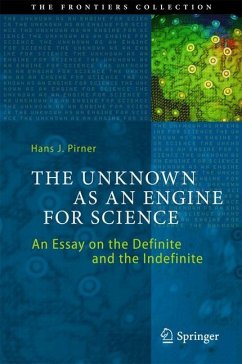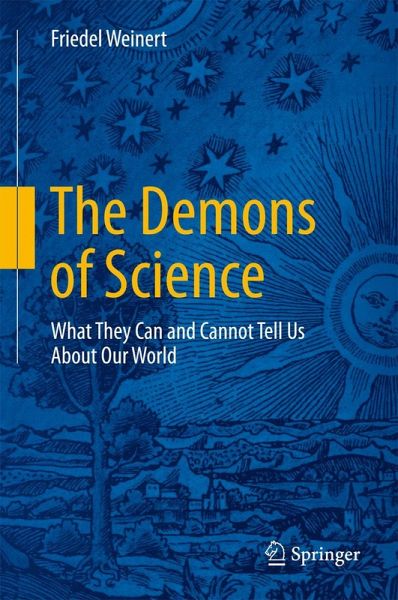
The Demons of Science
What They Can and Cannot Tell Us About Our World
Versandkostenfrei!
Versandfertig in 6-10 Tagen
76,99 €
inkl. MwSt.
Weitere Ausgaben:

PAYBACK Punkte
38 °P sammeln!
This book is the first all-encompassing exploration of the role of demons inphilosophical and scientific thought experiments. In Part I, the author explains the importance of thought experiments in science andphilosophy. Part II considers Laplace's Demon, whose claim is that the world iscompletely deterministic. Part III introduces Maxwell's Demon, who - by contrast - experiences a world that is probabilistic and indeterministic. Part IV explores Nietzsche's thesis of the cyclic and eternal recurrence of events. In each casea number of philosophical consequences regarding determinism and indet...
This book is the first all-encompassing exploration of the role of demons inphilosophical and scientific thought experiments. In Part I, the author explains the importance of thought experiments in science andphilosophy. Part II considers Laplace's Demon, whose claim is that the world iscompletely deterministic. Part III introduces Maxwell's Demon, who - by contrast - experiences a world that is probabilistic and indeterministic. Part IV explores Nietzsche's thesis of the cyclic and eternal recurrence of events. In each casea number of philosophical consequences regarding determinism and indeterminism, the arrows of time, the nature of the mind andfree will are said to follow from the Demons's worldviews. The book investigates what these Demons - and others - can and cannot tell us about our world.






